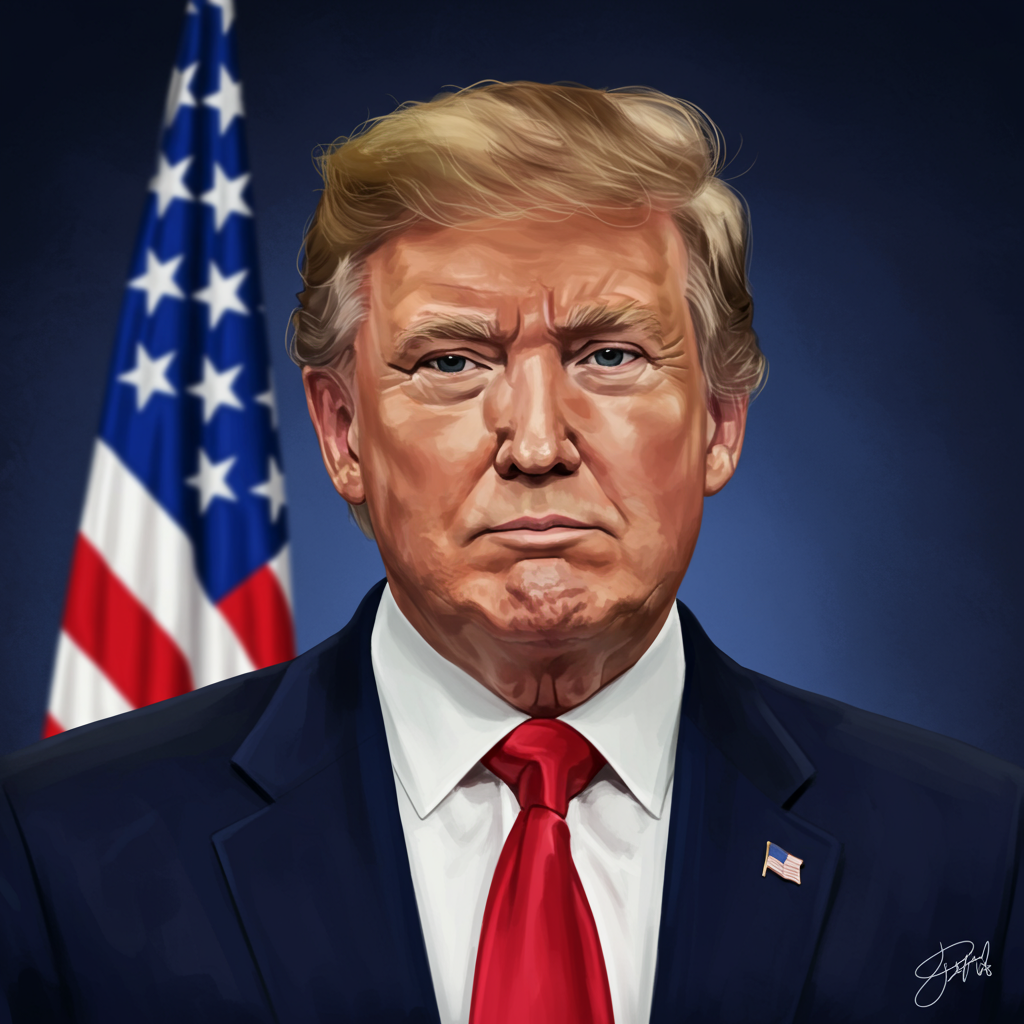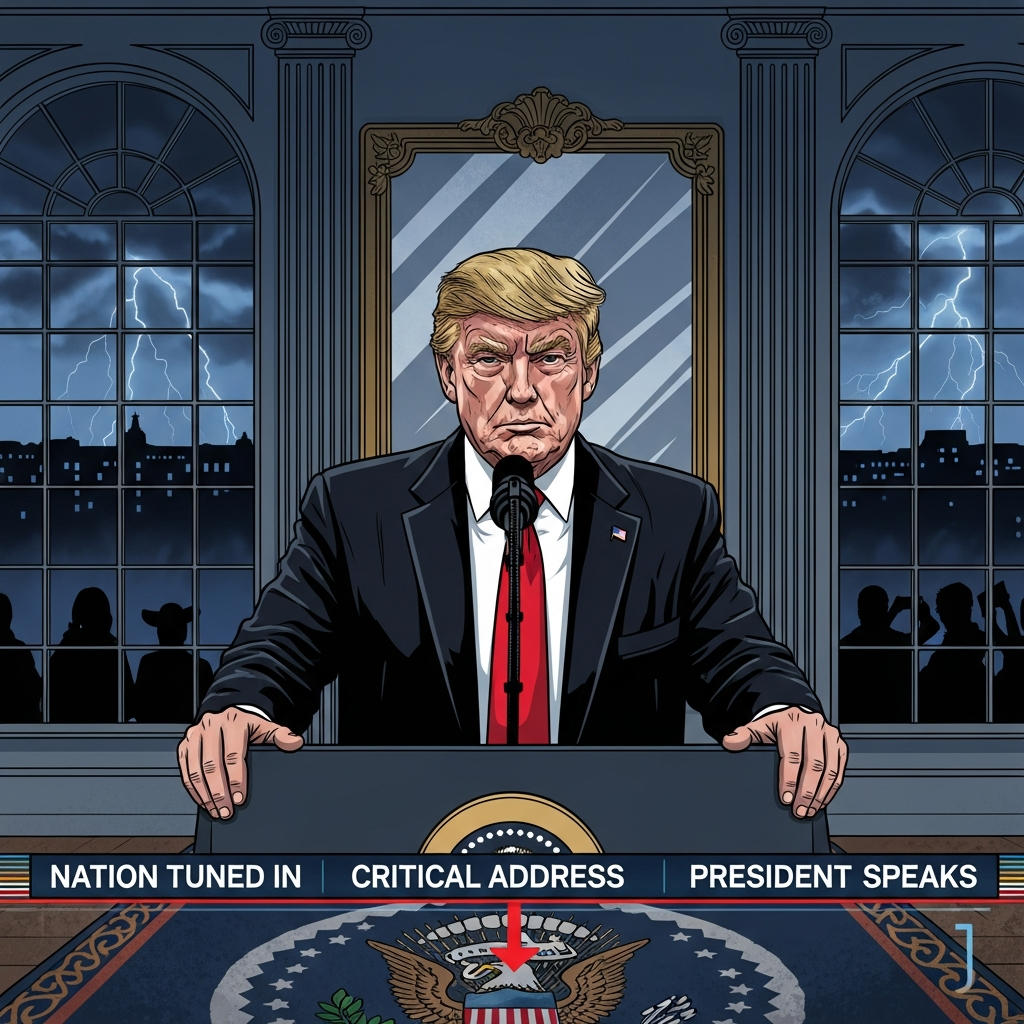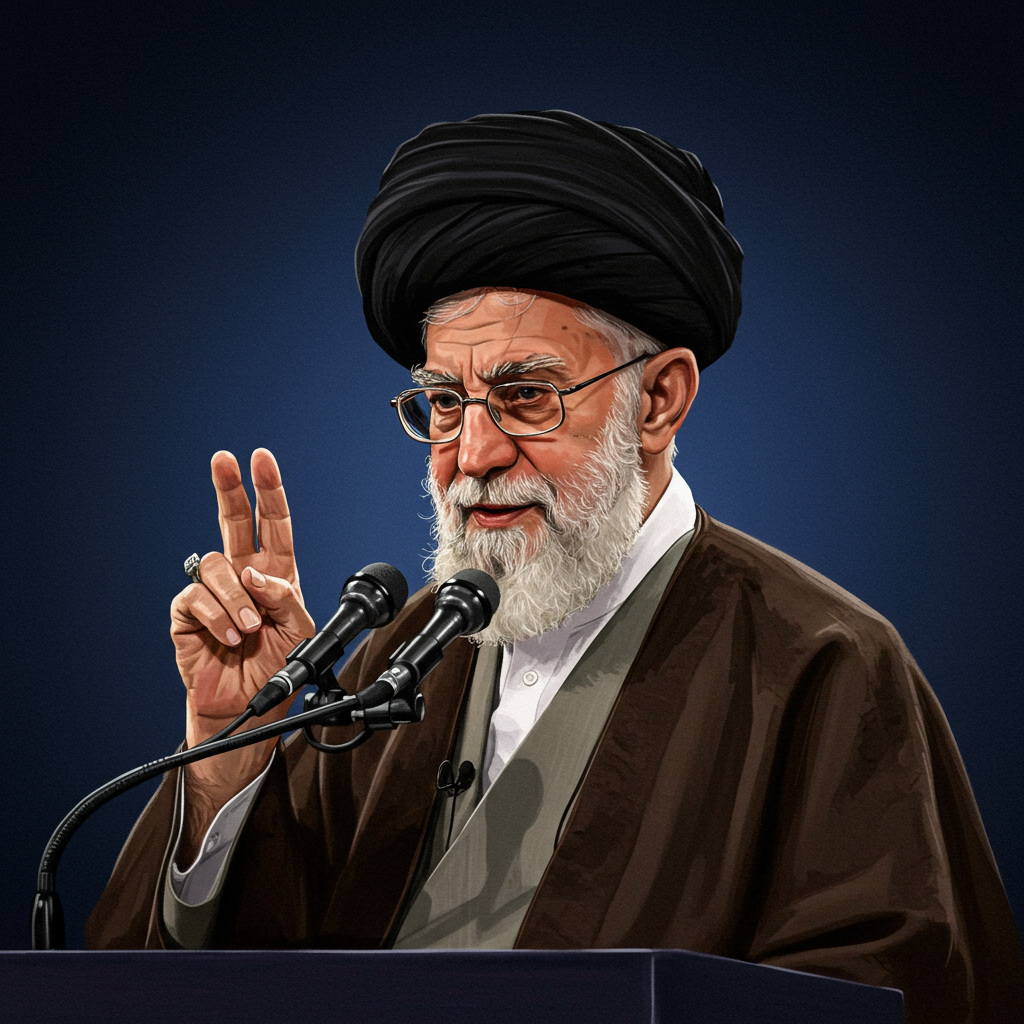Dick Cheney, a towering and often polarizing figure in American politics, passed away at 84, leaving behind a complex legacy that reshaped the U.S. vice presidency and profoundly influenced the nation’s response to the War on Terror. His death on November 3 was attributed to complications from pneumonia and cardiac and vascular disease, conditions that shadowed much of his adult life. Cheney’s extensive career spanned decades, marking him as a central architect of modern conservative policy and a pivotal force in moments of national crisis. This article explores his unparalleled impact, the controversies that defined his tenure, and his surprising late-life political transformations.
A Vice Presidency Redefined: Unprecedented Power and Influence
Dick Cheney’s tenure as Vice President under George W. Bush fundamentally transformed the office. Experts widely regard his influence as unmatched in the history of the vice presidency. Robert Schmuhl of the University of Notre Dame stated that Cheney’s “influence and power [were] unmatched,” a sentiment echoed by Christopher Devine, who called him “perhaps the most powerful vice president in American history.” Cheney’s deep understanding of Washington, honed through years in both executive and legislative roles, allowed him to sculpt a role far beyond its traditional ceremonial confines.
Unprecedented Authority
Cheney leveraged his extensive experience, effectively operating as the administration’s “chief operating officer.” He established a “network of back channels” to influence policy across crucial domains. These included Iraq, counter-terrorism strategies, the expansion of presidential powers, energy policy, and the broader conservative agenda. This quiet but forceful approach allowed him to assert authority in virtually every major decision, particularly during Bush’s first term. He struck an unspoken agreement with President Bush, foregoing any personal presidential ambitions in exchange for a power that, as some noted, became “comparable in some ways to the presidency itself.”
The Architect of Post-9/11 Strategy
Following the catastrophic attacks of September 11, 2001, Cheney became the primary strategist for the Bush administration’s response. He championed a “hawkish” and aggressive approach to military deployments in Afghanistan and, later, Iraq. His foreign policy expertise was a key factor in his selection as Bush’s running mate in 2000, addressing concerns about Bush’s limited experience in this area. Cheney believed 9/11 revealed a grave new danger, demanding unconventional responses. This conviction drove his advocacy for “any means at our disposal” to find and neutralize terrorists.
The “Dark Side” and Controversial Policies
Cheney’s vision for national security in the post-9/11 era led to some of the most contentious policies in recent American history. He firmly believed the president needed to reassert authority, which he felt had diminished since the Watergate era. This conviction shaped his approach to intelligence gathering, detention, and interrogation.
Expanding Executive Power
Working largely in secrecy, Cheney and his senior lieutenants sought to circumvent or reinterpret legal prohibitions. These included restrictions against torture, domestic espionage, and clandestine imprisonment without charge. He explicitly defended these actions, stating in 2008 that it would have been “unethical or immoral for us not to do everything we could in order to protect the nation.” He was instrumental in conceptualizing and supervising the warrantless domestic surveillance program, “Stellar Wind.” This program deliberately bypassed legislative prohibitions and the requirements of the Foreign Intelligence Surveillance Court. Cheney also orchestrated the decision to strip terrorist suspects of their rights under the Geneva Conventions, advocating for what he termed “robust interrogation.”
The Iraq War and WMDs
Cheney was a leading public spokesman and fervent advocate for the 2003 invasion of Iraq. He presented a compelling, albeit later disproven, case that Iraq possessed weapons of mass destruction (WMDs) and harbored “long-standing, far-reaching relationships with terrorist organizations,” including al-Qaeda. Paul Pillar, a former national intelligence officer, criticized Cheney for “corrupting the intelligence-policy relationship.” Pillar noted that Cheney pressured intelligence agencies to produce reports aligning with the administration’s WMD convictions. He also went public with claims about WMDs before the intelligence community had completed its assessment. Despite the subsequent discovery that Iraq had no active WMD programs and no operational links to al-Qaeda, Cheney consistently defended the decision, believing it was essential for national security.
Interrogation and Surveillance Debates
Cheney famously described the post-9/11 period as requiring engagement with “the dark side.” Asked about the use of waterboarding, he called it “a no-brainer for me” to save lives. He maintained that these “techniques were reasonable” and prevented further attacks for years. However, these methods, defined as torture by U.S. allies and previous administrations, drew widespread condemnation. The use of such tactics has also been criticized for hindering proper trials in 9/11 cases and for producing tainted testimony. The enduring legacy of the Bush-Cheney era includes the Guantánamo internment camp, a legal limbo that has remained active across subsequent administrations. Cheney’s support for the USA Patriot Act, which significantly expanded executive powers for warrant-free surveillance, also raised considerable civil liberties concerns.
A Life in Public Service: From Intern to CEO
Before his impactful vice presidency, Cheney built an impressive resume in Washington, demonstrating a consistent drive for power and influence across multiple administrations.
Early Career and Political Ascent
Born in Lincoln, Nebraska, in 1941, Richard Bruce Cheney’s early life saw challenges, including poor grades at Yale and two arrests for drunken driving. His high school sweetheart, Lynne Vincent, inspired him to turn his life around. After marrying in 1964 and completing his master’s degree in political science, Cheney embarked on a swift ascent in Washington. He met Donald Rumsfeld, who became a key mentor. At just 34, Cheney became the youngest-ever White House Chief of Staff under President Gerald Ford. He later served six terms as Wyoming’s lone U.S. Representative, where his voting record was among the most conservative, despite a perceived centrist image. As Defense Secretary under George H.W. Bush, he oversaw the Pentagon during the 1990-91 Persian Gulf War.
Halliburton and Private Sector Interlude
Following Bill Clinton’s election, Cheney took a break from government, presiding over Halliburton, a Fortune 500 oil field services company, as chairman and chief executive. During this period, he amassed significant wealth. This corporate interlude was marked by major acquisitions, though one, the Dresser Industries deal, later proved costly due to asbestos lawsuits. Cheney initially expressed a lack of interest in seeking the presidency himself, citing a disdain for the emotional campaigning required and a desire to protect his daughter Mary’s privacy regarding her sexual orientation.
Shifting Loyalties: The Trump Era
In a remarkable political evolution, Dick Cheney, a staunch conservative and champion of executive authority, became one of the most vocal Republican critics of President Donald Trump. This stance contrasted sharply with his own past actions, creating a nuanced final chapter to his public life.
Breaking with Party Norms
Though he had reluctantly endorsed Trump in 2016, Cheney grew “appalled” by allegations of Russian election interference and Trump’s foreign policy approach. His criticism intensified dramatically after the January 6, 2021, attack on the U.S. Capitol. He argued that Trump’s actions pushed the Republican Party away from its traditional platform of big business, internationalism, and a muscular military, towards a platform built on “fealty to Trump, nationalism and anti-immigrant sentiment.” This divergence led him to support his daughter, Liz Cheney, in her prominent role on the House committee investigating the Jan. 6 riot, despite her subsequent loss in the Republican primary.
Defending Democracy
In August 2022, Cheney publicly stated, “There has never been an individual who was a greater threat to our republic than Donald Trump.” This stark assessment marked a significant break from a lifetime of Republican loyalty. He accused Trump of attempting to “steal the last election, using lies and violence to keep himself in power.” In a further departure, Cheney announced in 2024 that he would vote for Democrat Kamala Harris over Trump, emphasizing a “duty to put country above partisanship to defend our Constitution.” This unexpected pivot, driven by his conviction that Trump posed an existential threat to American democracy, paradoxically earned him praise from some on the left who had previously been his fiercest critics.
Personal Battles and Enduring Convictions
Beyond his political and policy struggles, Dick Cheney faced significant personal health challenges and maintained a steadfast belief in his own “consequential” role.
Lifelong Health Challenges
Heart disease shadowed Cheney for most of his adult life. He suffered the first of five heart attacks at 37 and experienced eight “cardiac events” between the 2000 and 2008 elections. He underwent surgery in 2010 to install a heart pump and received a full heart transplant in 2012. He even famously disclosed turning off the wireless function of his defibrillator due to fears of a remote terrorist attack. These health battles underscore a life lived with a sense of urgency, often speaking of himself as living on “borrowed time.” His 2006 hunting accident, where he accidentally shot a friend, became a public relations challenge, highlighting his characteristic secrecy.
A “Consequential” Figure
Despite public backlash and declining approval ratings, Cheney remained unapologetic about his record. He described himself as a “consequential” vice president who took essential steps in the “tough, mean, dirty, nasty business” of protecting the country. He firmly believed history would credit him and Bush with success in preventing further 9/11-style attacks. In his later years, he continued to write books, including “Exceptional: Why the World Needs a Powerful America,” co-authored with his daughter Liz. These works reinforced his conviction that an American president should wield power freely, asserting the U.S. as “the greatest force for good” globally.
Frequently Asked Questions
What defined Dick Cheney’s role as Vice President?
Dick Cheney redefined the vice presidency by transforming it into an office of unprecedented power and influence. He became the administration’s de-facto “chief operating officer” under President George W. Bush, leveraging his extensive experience to shape policy across national security, foreign affairs, and executive authority. Experts described his influence as unmatched, with Cheney operating through “back channels” and directly engaging in critical decisions, particularly in the immediate aftermath of the September 11 attacks.
How did Dick Cheney’s stance on presidential power evolve?
Throughout his career, Cheney consistently advocated for an expansive view of presidential power, believing it had been weakened in the post-Watergate era. He sought to reassert executive authority, especially in national security matters, which underpinned his support for policies like warrantless surveillance and robust interrogation. Paradoxically, in his later years, he became a strong critic of President Donald Trump, arguing that Trump’s actions represented an abuse of presidential power and posed a grave threat to American democracy. This shift highlighted his deep concern for constitutional norms, even while his own actions had previously tested those boundaries.
What were the lasting impacts of Dick Cheney’s policies on the War on Terror?
Dick Cheney’s policies during the War on Terror had profound and lasting impacts. He was a key architect of the invasions of Afghanistan and Iraq, advocating for military action based on claims of WMDs and links to al-Qaeda that later proved unfounded. His policies led to the expansion of executive power, the implementation of controversial interrogation techniques, and the establishment of institutions like the Guantánamo Bay detention camp. Critics argue his actions created a legacy of “chaos and terrorism” and potentially paved the way for later challenges to civil liberties and democratic norms.
Conclusion
Dick Cheney’s life was a testament to ambition, conviction, and a profound belief in American power. From his early struggles to becoming one of Washington’s most influential figures, his trajectory was marked by consistent dedication to public service, though often met with intense controversy. His role in reshaping the vice presidency, spearheading the War on Terror, and expanding executive authority cemented his place in history. Yet, his later pivot against Donald Trump underscored a complex loyalty, placing country above party. Cheney’s enduring legacy remains a subject of intense debate, a reflection of the significant, often divisive, impact he had on the nation he served for decades.



